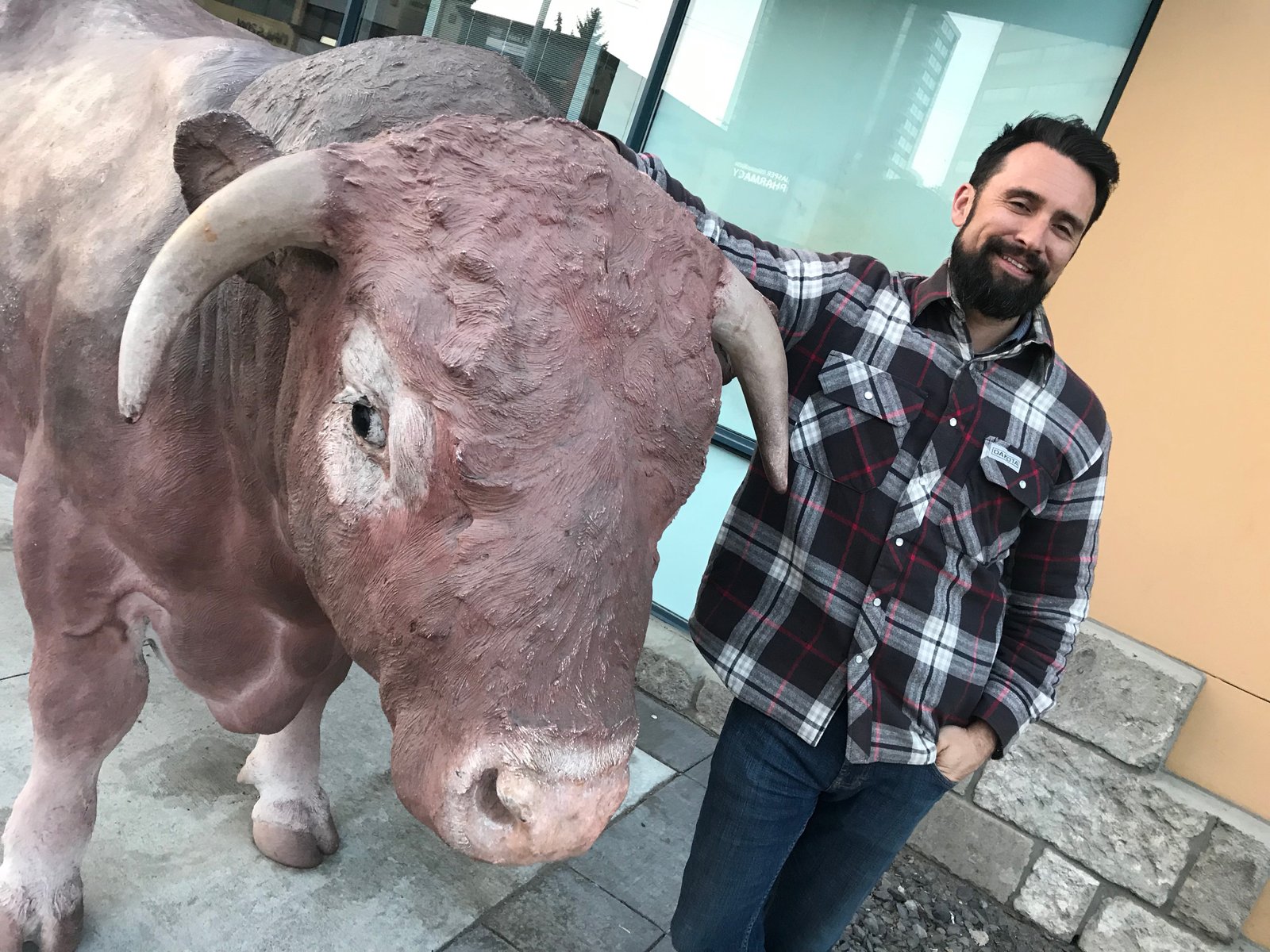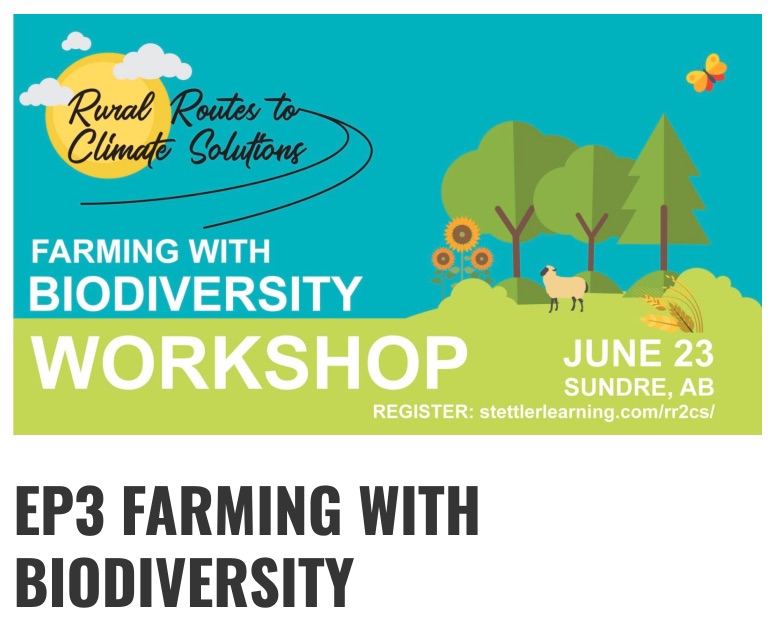By David Dodge and Scott Rollans
When Derek Leahy told his Ottawa friends he was headed west to teach Alberta farmers about climate change, they thought he was nuts. “Their eyes kind of popped out—like, you know, is that safe?” Leahy laughs. “Do you really want to do that?”
Leahy is the director of Rural Routes to Climate Solutions, a project of the Stettler Learning Centre. “We empower agricultural producers with climate solutions by providing learning opportunities so they can find out how to benefit from those climate solutions,” explains Leahy.
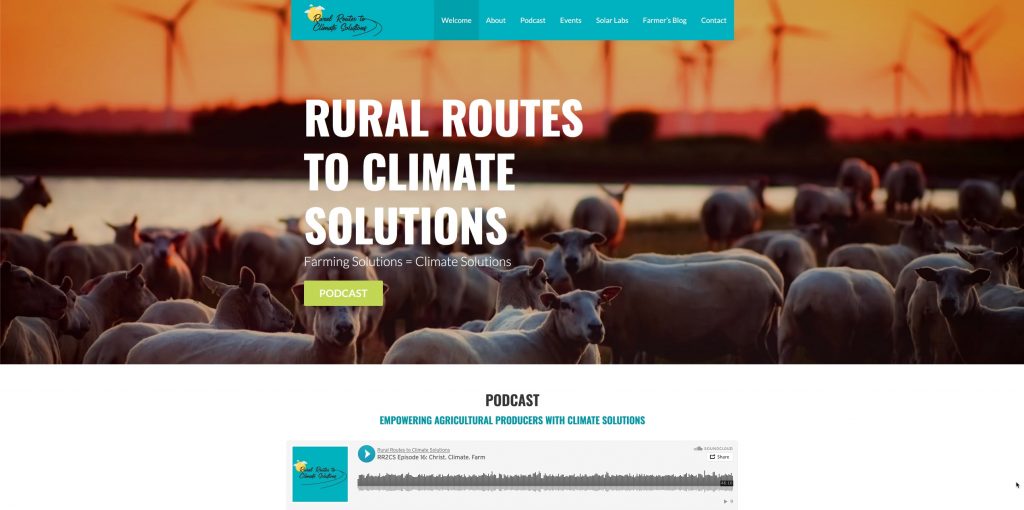
Agriculture gets a bad rap
Agriculture gets a bad rap in the media when it comes to climate change, says Leahy, and he wants to help turn that around. “All we hear is about agriculture and all the damage it’s doing in relation to climate change, ecosystems, biodiversity. “I’m not saying that’s not true—like, agriculture is doing a lot of bad things in all of those fields. But, agriculture has also got a lot of the solutions to solve those particular problems.”
It hasn’t taken Leahy long to start building an audience. “We started off doing workshops—field days,” he says. “We also ran a speaker series at a conference—just talking about the different farm solutions that are also climate solutions. And, we just started doing webinars.”
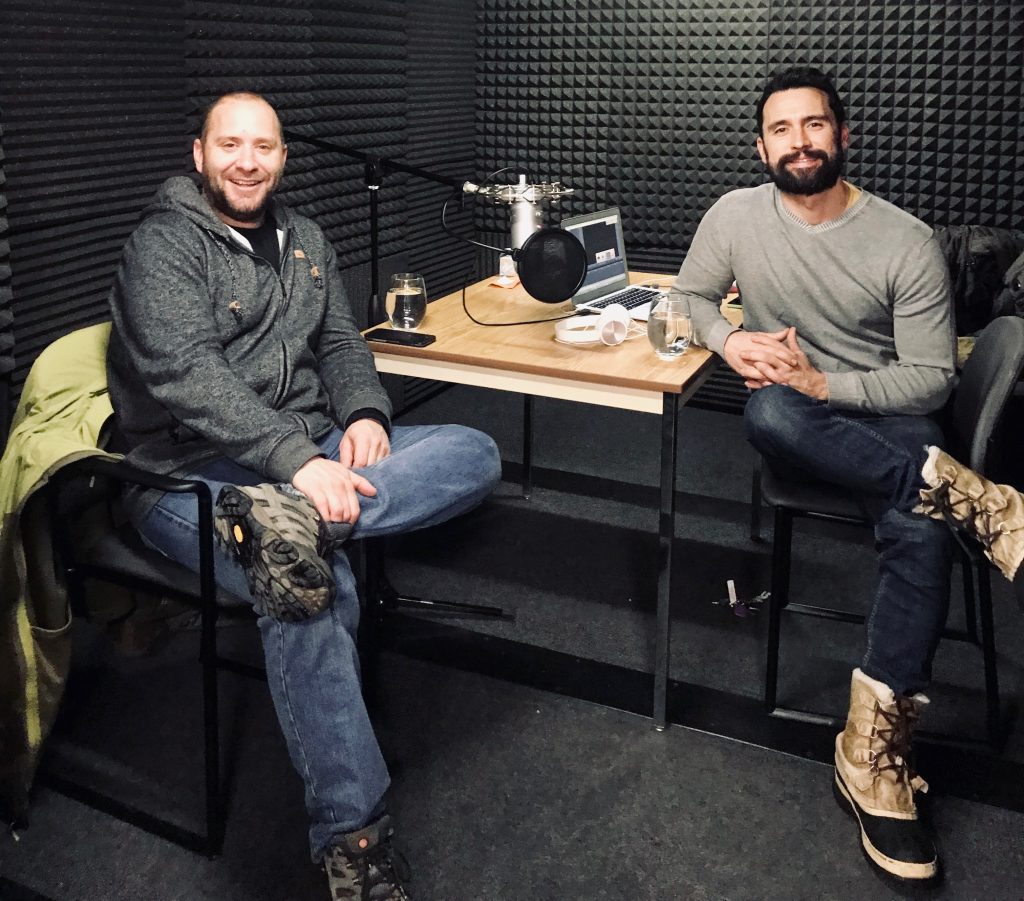
Delivering the message directly to farmers
Leahy is eager to engage with farmers on their own (literal) turf. So, his project also includes a podcast. “We have this new generation of new and young farmers that are emerging in Alberta and across Canada,” he says. “And we noticed that particular demographic was downloading a lot of podcasts.”
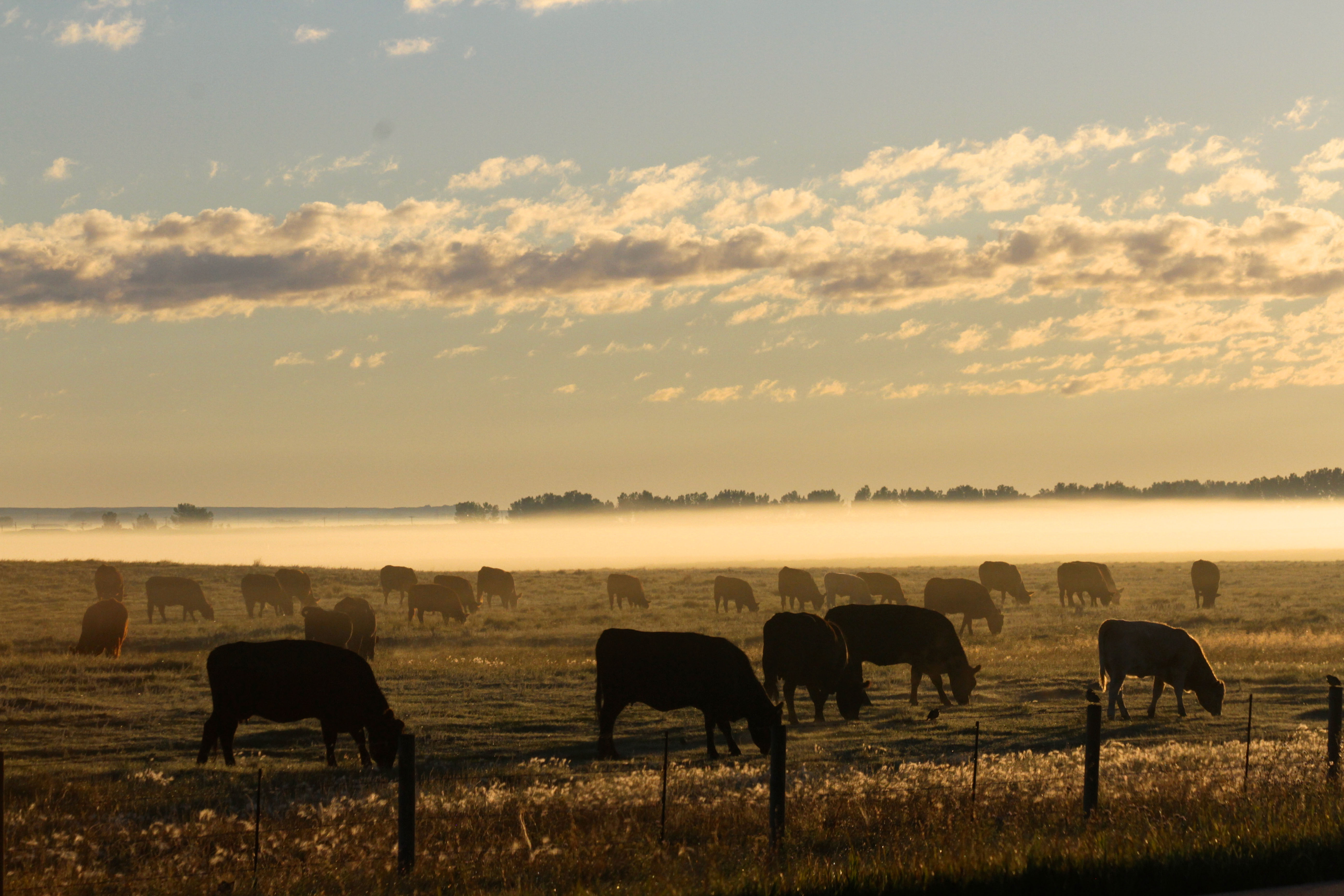
Nevertheless, Leahy thinks the humble cow might have its own contribution to make in maintaining prairie ecology. “We kind of killed all the bison, and so we do need something grazing out there,” he observes. “So, just talking about cattle and climate change in a different light—saying that there could be a place for cattle in a world that is trying to reduce emissions.”
Leahy insists plenty of Alberta farmers share his passion for environmental issues. “Most of the agriculture producers who show up at our workshops are what I call my regenerative farmers,” he says. “So, farmers who are definitely trying to make money and they’re trying to sell their produce but they’re also really concerned with regenerating the land and healing the land.”
Biodiversity good for farms
One fringe benefit of Leahy’s job is the endless opportunity to expand his own knowledge and expertise. Lately, he has become increasingly conscious of the link between climate change and biodiversity.
“At first we were looking at biodiversity and climate change as two very separate things—which, to be honest, was completely stupid of us,” says Leahy. “Biodiversity is just getting the crap kicked out of it by climate change. When the climate shifts, you’re losing biodiversity.”
Although some species may survive in an altered climate, the overall effect could be catastrophic, says Leahy. “Just take something basic like pollinators. We need those bees for a lot of things we do. Those bees and other native pollinators, they need a place to live. If you’ve just got a monoculture of anything, it doesn’t give them too much in the way of habitat.”
Alberta is the right place for the message
Despite the incredulity of his Ottawa friends, Leahy has found Alberta to be fertile ground for his efforts. “We have about a third of Canada’s agricultural land in this province,” he points out. “So, if we really want to use agriculture as something to take on a challenge like climate change, this is a perfect province for that.”
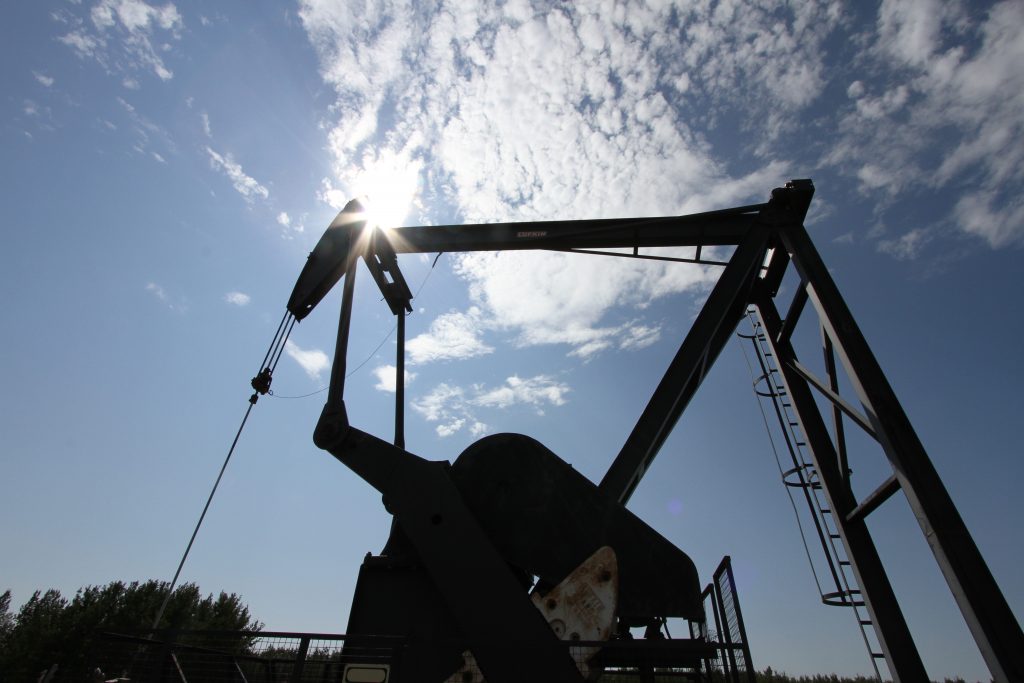
Leahy also enjoys defying stereotypes. “I like the approach of focusing primarily on Alberta producers, to tell that other story. You’re saying, nah, nah, it’s not just about oil and gas here. We do have agriculture producers out there trying to do the right thing.”
Above all, however, Leahy hopes to make agriculture part of the climate solution, not just part of the problem. “There’s more and more information out there—that if we just change some of the agricultural practices, or use some of the practices that existed before that have sort of faded away, agriculture itself can be a climate solution and help us with this massive challenge that humanity faces.”
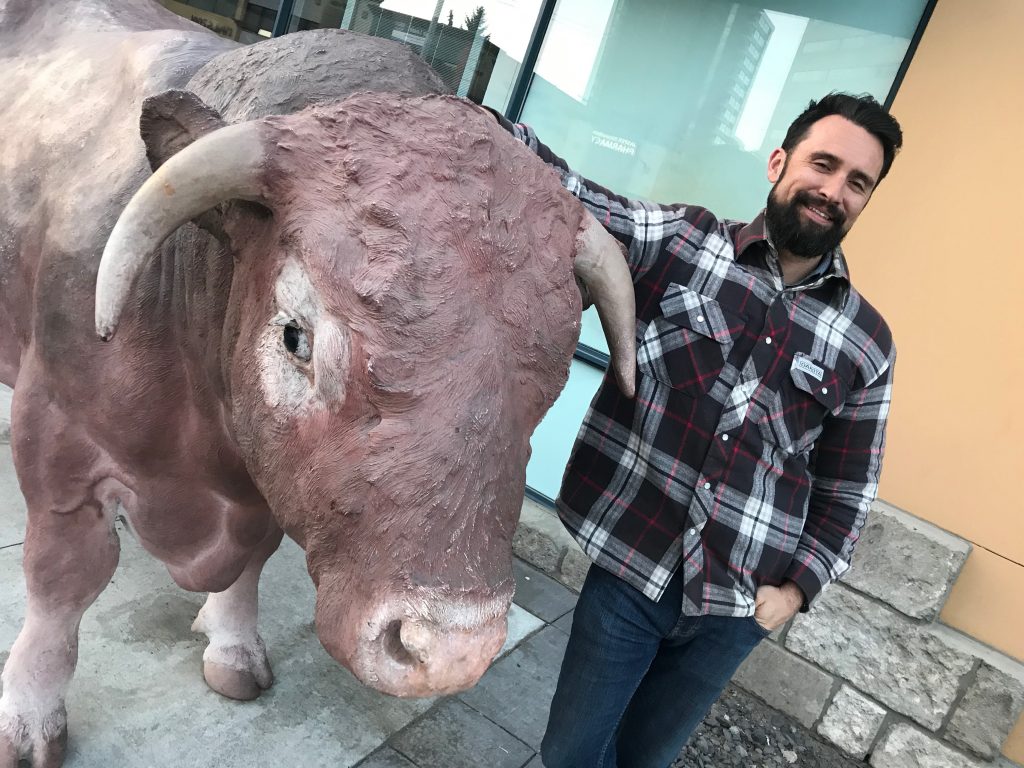
Rural Routes to Climate Solutions Podcast
or visit the Rural Routes to Climate Solutions website
